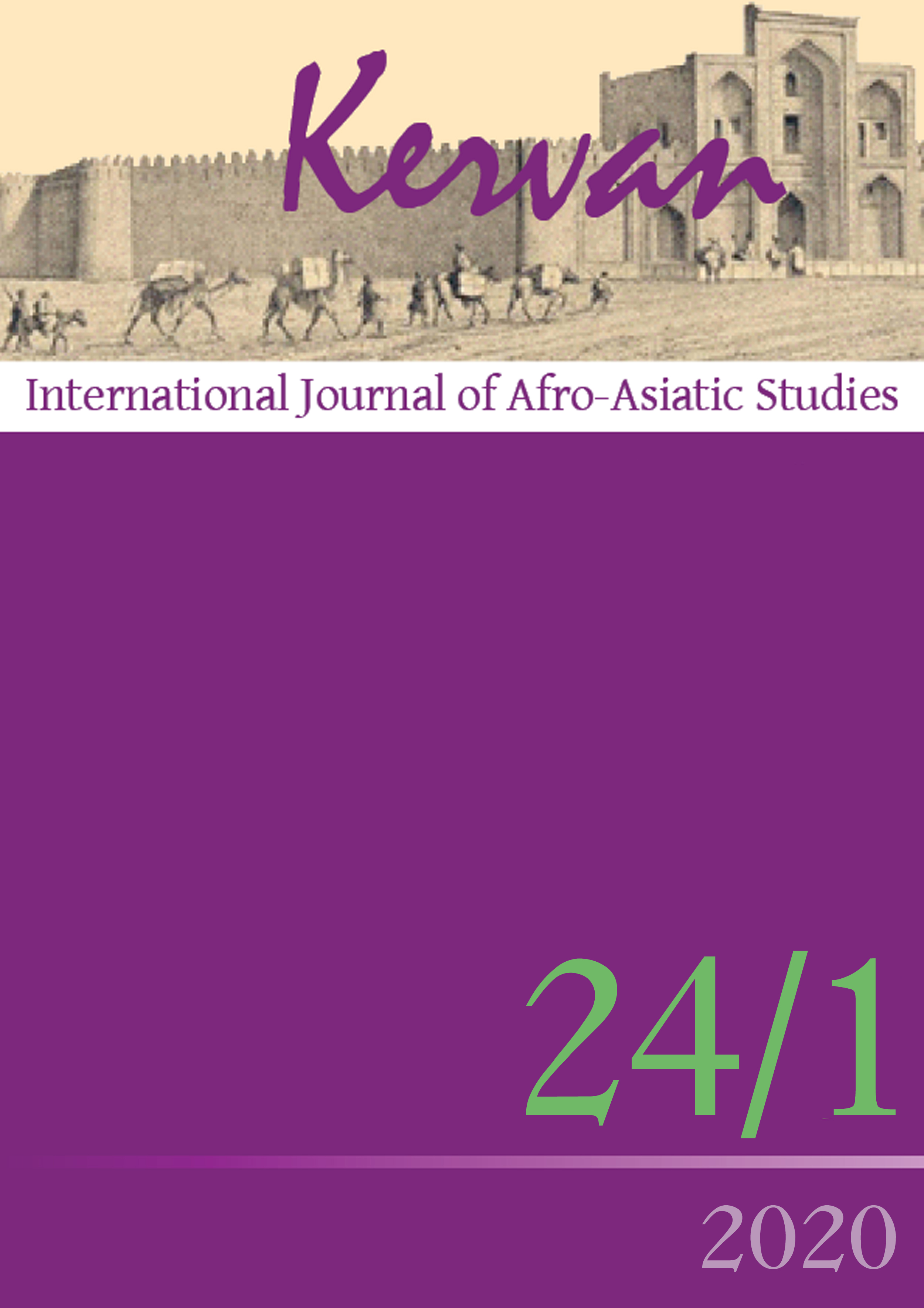Parlare di pandemia a bambini e adolescenti: la letteratura swahili nella prevenzione e lotta all’HIV/AIDS in Kenya e Tanzania
DOI:
https://doi.org/10.13135/1825-263X/4467Abstract
Since the early 1980s, when the first cases of HIV/AIDS infection were detected in East Africa, local governments have acted in cooperation with international agencies in order to prevent a larger diffusion of the virus through information and prevention campaigns aimed in particular to fighting prejudices, stigma and discrimination against the sick individuals and their families.
Children and adolescents make up the age group most vulnerable to contagion. How do you let somebody who is sexually active but not yet an adult understand how ae virus is transmitted? And which intervention can be put in place with an aim at the well-being of school-age children?
Most of all, from a strictly cultural perspective, what is the role played by literature in the collective effort to stop the spread of an invisible enemy that keeps claiming its victims?
What are the common man’s perceptions in this regard, and what else can change them into words and images – except a writer’s pen and a poet’s sensibility?
These are the questions addressed, admittedly with no exhaustivity, by this study: a study voicing the fear and trauma created by a pandemic infection.
Downloads
Downloads
Published
Issue
Section
License
Gli autori che pubblicano su Kervan accettano le seguenti condizioni:
- Gli autori mantengono i diritti sulla loro opera e cedono alla rivista il diritto di prima pubblicazione dell'opera, contemporaneamente licenziata sotto una Licenza Creative Commons - Attribuzione che permette ad altri di condividere l'opera indicando la paternità intellettuale e la prima pubblicazione su questa rivista.
- Gli autori possono aderire ad altri accordi di licenza non esclusiva per la distribuzione della versione dell'opera pubblicata (es. depositarla in un archivio istituzionale o pubblicarla in una monografia), a patto di indicare che la prima pubblicazione è avvenuta su questa rivista.


 The articles that have appeared on Kervan since 2016 are rated as Class A in the system of National Scientific Qualification (ASN, disciplines 10/N1 and 10/N3).
The articles that have appeared on Kervan since 2016 are rated as Class A in the system of National Scientific Qualification (ASN, disciplines 10/N1 and 10/N3). The journal has been approved for inclusion in DOAJ. The DOAJ listing of the journal is available at
The journal has been approved for inclusion in DOAJ. The DOAJ listing of the journal is available at  The journal has been approved for inclusion in ERIH PLUS. The ERIH PLUS listing of the journal is available at
The journal has been approved for inclusion in ERIH PLUS. The ERIH PLUS listing of the journal is available at  Kervan was just accepted for indexing in SCOPUS. This important milestone ensures that articles published in Kervan are easily found when searching for library, archives and Information science and it enables Kervan authors to keep track of how often their article has been cited by others.
Kervan was just accepted for indexing in SCOPUS. This important milestone ensures that articles published in Kervan are easily found when searching for library, archives and Information science and it enables Kervan authors to keep track of how often their article has been cited by others.

